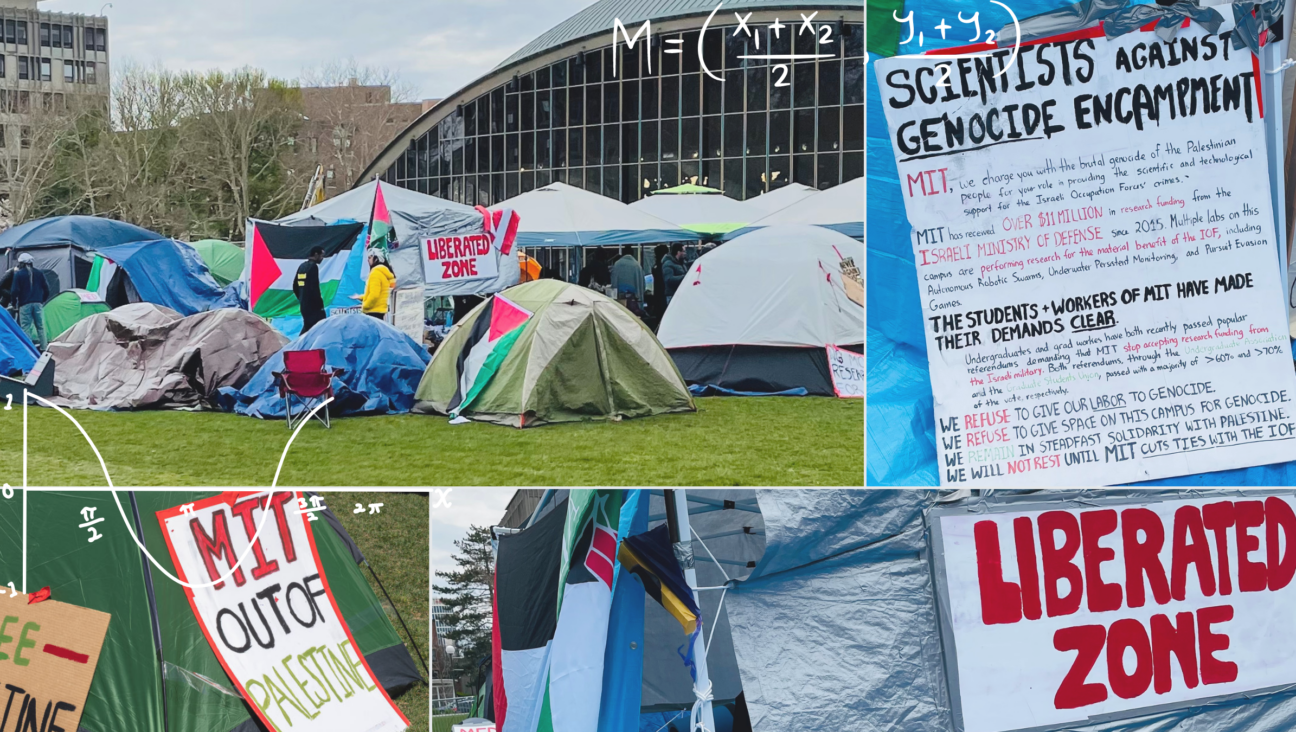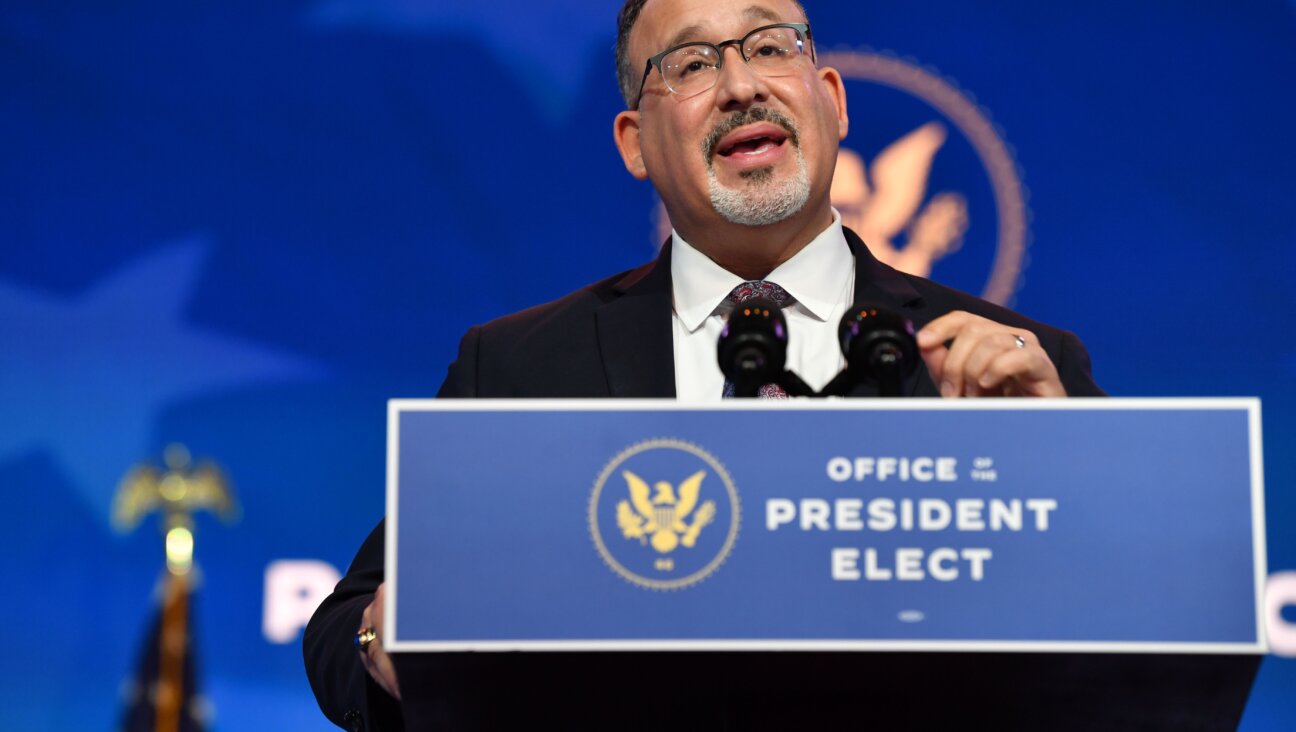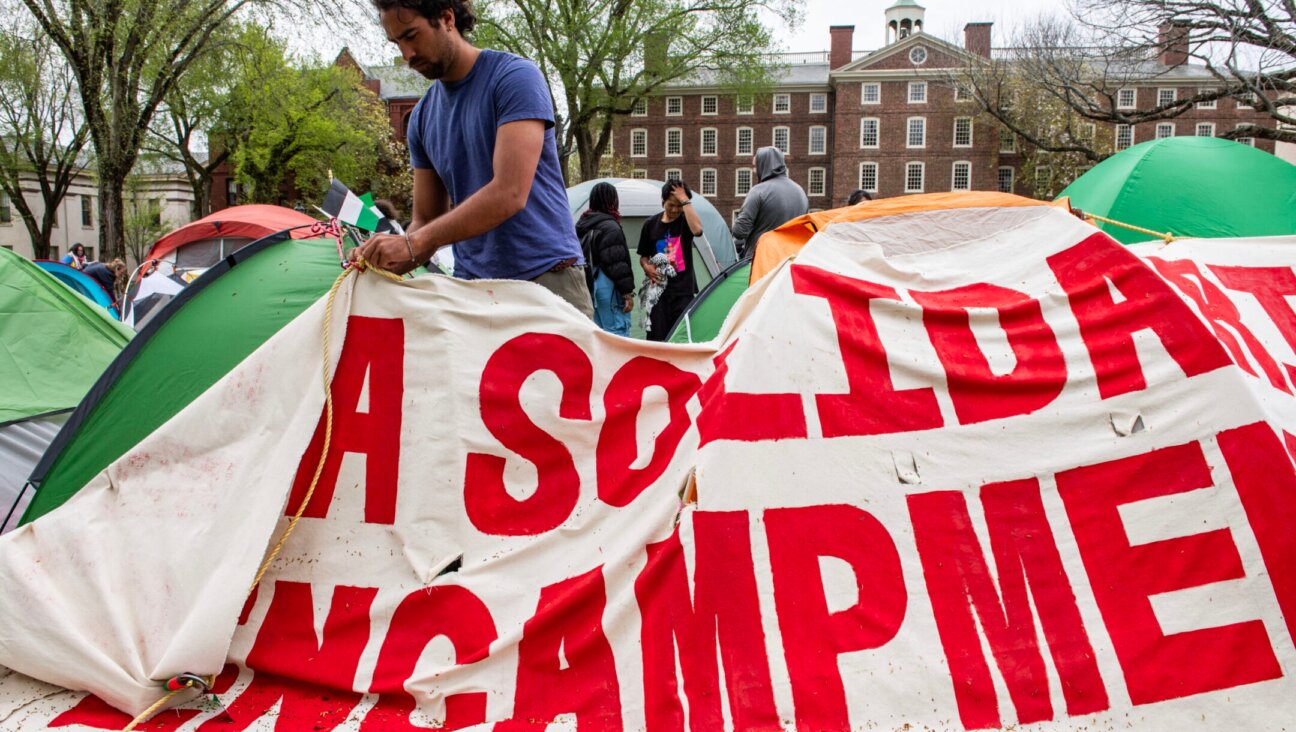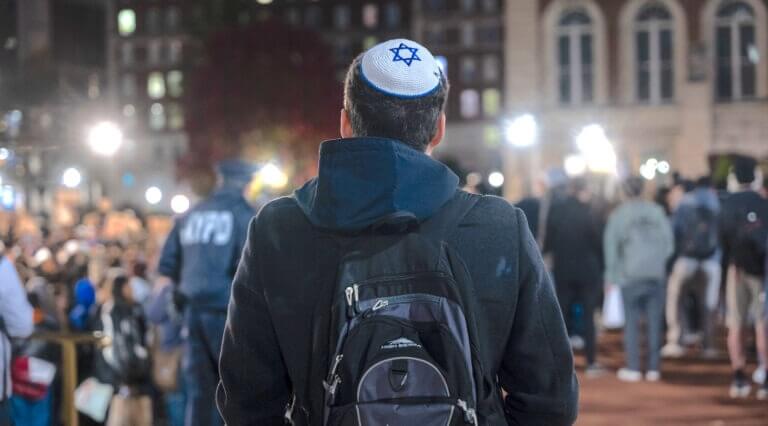Welcoming a Latter-day de Tocqueville
In his signature black suit — white chemise empesée open to the sternum — and with D’Artagnan-esque flair, French celebrity intellectual Bernard-Henri Lévy held court at a January 27 reception in his honor, hosted by France’s ambassador to the United States, Jean-David Levitte and co-hosted at New York’s French consulate by France’s consul general, François Delattre, and Mrs. Sophie L’Hélias-Delattre.
Levitte cited Lévy’s recent “American Vertigo: Traveling America in the Footsteps of Tocqueville” (Random House), “in which [you] invite us, following in the footsteps of Alexis de Tocqueville, to rediscover the America in which we live and to rediscover democracy, which we share with our American friends. ‘American Vertigo’ sets an important precedent. Never has a French intellectual seen one of his books translated in America before the original French version was published.”
“I am exhausted by the [15,000 mile] road trip marathon,” Levy told the crush of French and American guests. “I did this book to enable [us] to see each other through the fog and smoke of cliché about America in French eyes…. In nine months, I met hundreds of Americans; I never met one to have hostility. Not a single one looking down at me because I was French.” Though he included Las Vegas and American brothels in his research, Lévy faulted America’s “puritanism.” Impressed by Americans’ religious involvement, he lamented the congregants’ personal estrangement from God manifested in their mega-churches. Noting that “you did not have the bad luck of real communism,” Lévy praised America for having “saved us from [Nazi] fascism” and cited the “black hole of Vichy in our memory.” He was amazed that “30 years… after the KKK, the South felt this [as a] shame… a miraculous achievement of American democracy.” On his palette of issues were Katrina, the Middle East, the ghosts of Nazism, new calls for the destruction of the State of Israel. Lévy averred that “America-France and America-Europe agree on the existence of Israel.” As for the American flag, Levy was puzzled: “Why are cities so full of [American] flags? … I love my country, the lightness of her patriots.”
* * *|
“My rescuer was a barber, a father of seven children, who helped many Jews with shelter, food and false identity cards,” said Carla Lessing, a founder of the Anti-Defamation League’s Hidden Child Foundation. Lessing had spoken at the foundation’s January 25 Honoring Our Rescuers tribute, held at ADL headquarters. “Rescuers didn’t simply happen on opportunities for rescue,” Lessing said, citing Samuel Oliner, author of “The Altruistic Personality: Rescuers of Jews in Nazi Europe” (Free Press, 1988). “They actively created, sought or recognized them where others did not. It was the values learned from their parents which prompted and sustained their involvement. For most it was an expression of ethical principles that extended to all of humanity.”
Guest speaker Liliane Gaffney, a professor of linguistics at Fairleigh Dickinson University, recounted how she and her mother, Germaine Belline (who recently died at 95), had hidden 30 Polish Jews in La Louvière, Belgium. “My mother got papers and ration cards,” she said, under the pretense that they were for her distant relatives recently arrived from the Belgian Congo. “Neutrality was unacceptable.” Denounced two weeks before the Americans arrived, a local mailman (with a penchant for opening Gestapo mail) sent them into hiding in an attic in the town’s Italian consulate. All survived. Gaffney’s postscript was her lifelong addiction to freshly made gefilte fish. A Belgian survivor in the room, Janet Ickowics, told how she had been hidden in Essene, Belgium, from age 6 months to 3 years. “We assumed only the priest knew…. The entire town knew, including the head of the local Gestapo.” Miriam Abramowicz, initial founder of Hidden Children, told the survivors in the room: “The people who are waiting for you to disappear are at the gate. Your memory will change. You’ll forget. Tape it now!”
* * *|
The next day, at the Center for Jewish History, I witnessed two concurrent firsts: the Hidden Children in Occupied Greece exhibit (on loan from the Jewish Museum of Greece) and Commemorating Remembrance Day of the Holocaust of the Greek Jewry. That evening, medals were posthumously presented to “Citizens of Greece who helped save the lives of their Jewish compatriots.” These included Archbishop Damaskinos of Athens and all Greece (1891-1949), who demanded a halt to the deportation of Greek Jews, ordered the clergy to provide Jews with fake baptismal certificates and shelter in convents and monasteries, and urged priests to ask their congregants to hide Jews in their homes; Athens police chief Angelos Everts (1894-1970), who ordered police stations to issue Jews IDs with Christian names, and Mayor Loukas Karrer (1909-1985) and Bishop Chrysostomos (1890-1958) of Zakynthos. In 1943, both the mayor and the bishop refused to provide the German occupation authorities with a list of Jews of the island. When pressed, they submitted a list that included only their own names! It was noted: There was no loss of Jewish life on the island of Zakynthos.
The evening’s participants included Catherine Boura, consul general of Greece in New York; Solomon Asser, president, American Friends of the Jewish Museum of Greece; Rosina Asser Pardo and Laura Molho Sard (who as children had been hidden by their Greek neighbors), and Bishop Dimitrios of Xanthos, director, Ecumenical Office, Greek Orthodox Church of America. “These leaders of the church who acted selflessly to preserve the lives of their Jewish friends and neighbors deserve to be remembered by all who believe that every life is precious in the sight of God,” the bishop said. “We are grateful that Greece and other nations have found it appropriate to officially designate a Holocaust Remembrance Day.” The evening was under the auspices of the Consulate General of Greece in New York, the Hellenic American Chamber of Commerce, the American Friends of the Jewish Museum of Greece, the International Raoul Wallenberg Foundation and the American Sephardi Federation with Sephardic House.
A message from our Publisher & CEO Rachel Fishman Feddersen

I hope you appreciated this article. Before you go, I’d like to ask you to please support the Forward’s award-winning, nonprofit journalism during this critical time.
We’ve set a goal to raise $260,000 by December 31. That’s an ambitious goal, but one that will give us the resources we need to invest in the high quality news, opinion, analysis and cultural coverage that isn’t available anywhere else.
If you feel inspired to make an impact, now is the time to give something back. Join us as a member at your most generous level.
— Rachel Fishman Feddersen, Publisher and CEO
























